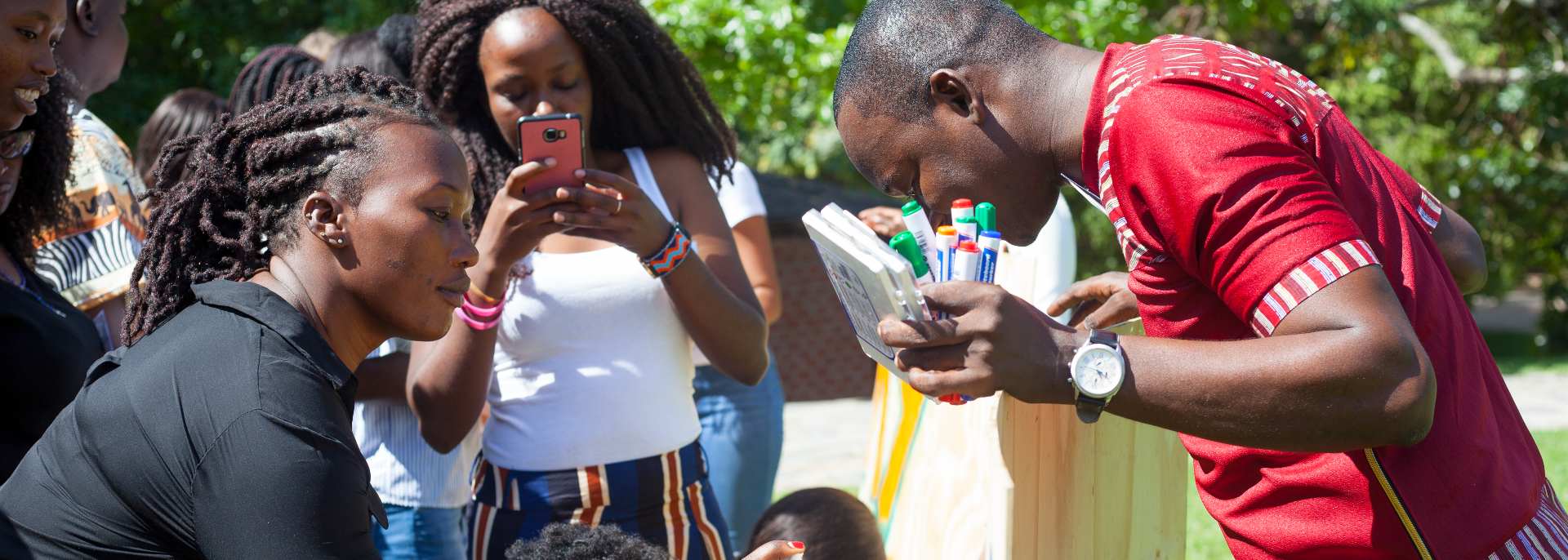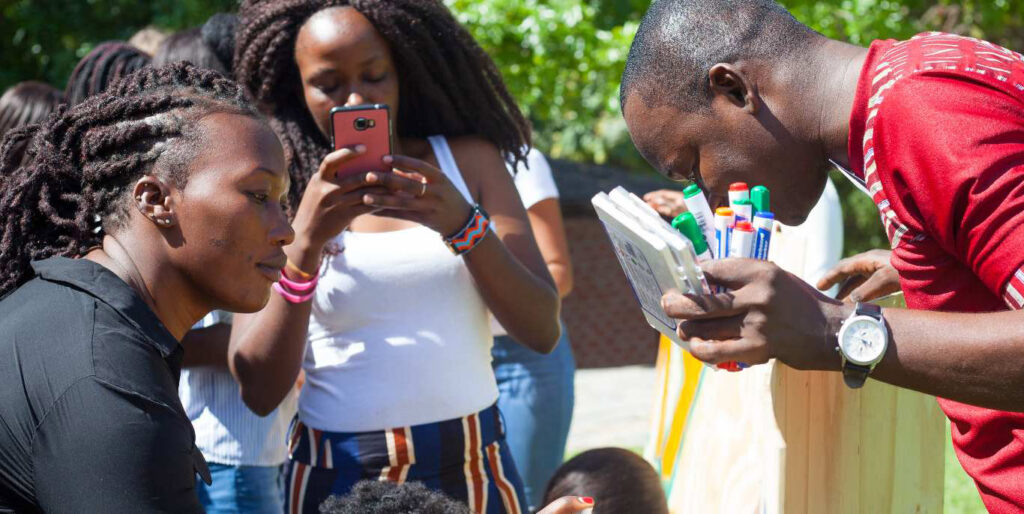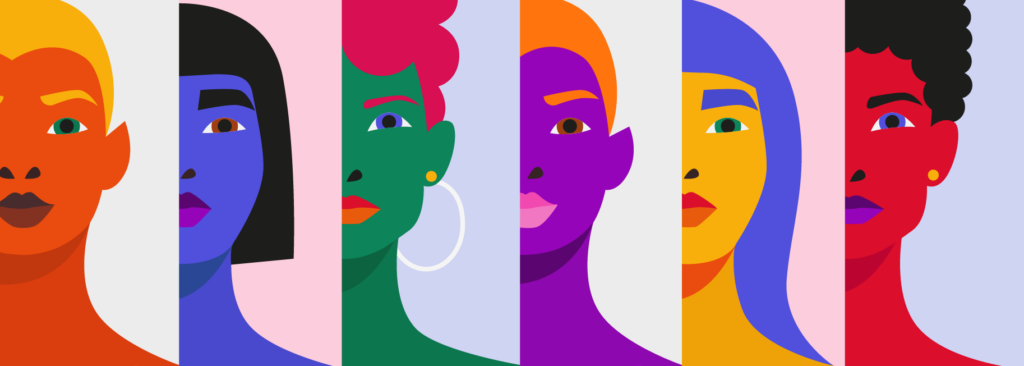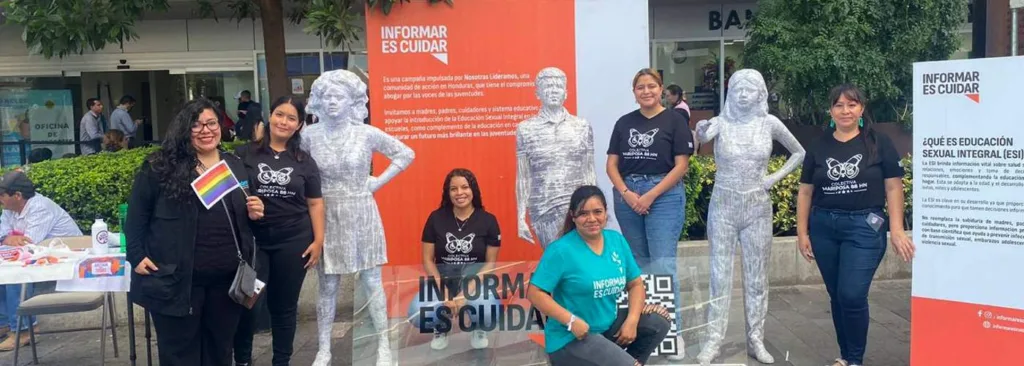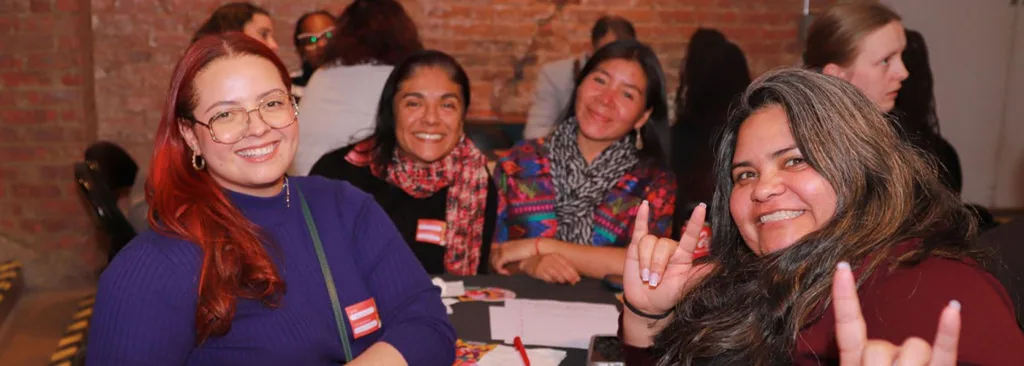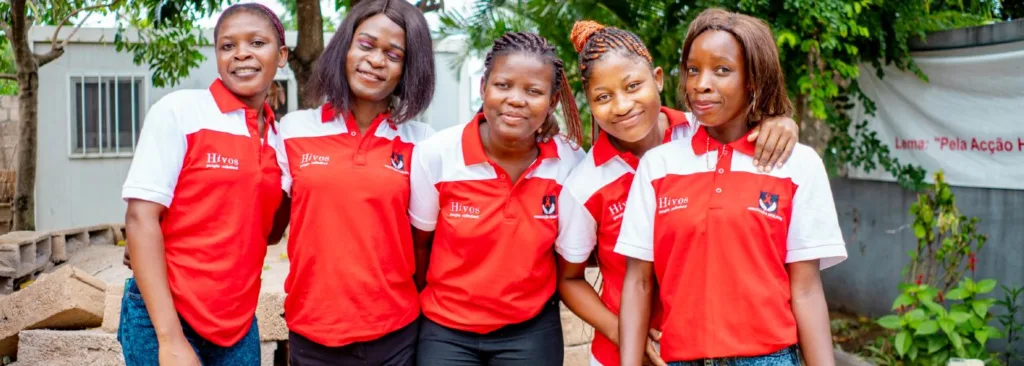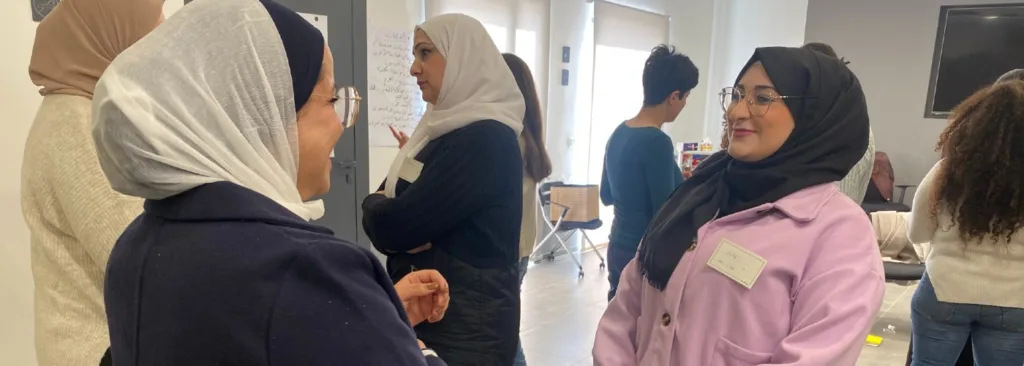We Lead to claim our sexual and reproductive health and rights
We Lead is an innovative and far-reaching program that aims to strengthen the influence and position of young women whose sexual and reproductive health and rights (SRH-R) are neglected the most. It targets young women and adolescent girls who: live with HIV; face vulnerability and discrimination; live with a disability; and/or are affected by displacement.
Why these rightsholders need to lead
Gender equality, diversity and inclusion (GEDI) are at the heart of Hivos’ vision and mission; they are prerequisites for the more just, fair, dignified and prosperous societies we aim for. Being able to decide about your own body and sexual life is a key element in our GEDI strategy. But this is still a pipe dream for the four rightsholder groups mentioned above. For them, fulfilment of SDG 3 (Ensure healthy lives and well-being for all at all ages) and SDG 5 (Achieve gender equality and empower all women and girls) is still far away. The voices, ideas and needs of these four groups are absent from the spaces where decisions are made that affect their SRH-R. This is aggravated by the frequent intersection of these identities, such as young refugee women with a disability or with HIV.
To change this situation, Hivos has joined forces with five other civil society organizations: Positive Vibes, Restless Development, Fondo Centroamericano de Mujeres, FEMNET and Marsa. We work in partnership with the Dutch Ministry of Foreign Affairs to reach our mutual aim: support young women to claim their SRH-R, saying, “Nothing about us without us!”
How We Lead gives them a voice
The program puts young women rightsholders in the driver’s seat, connecting them with each other in Communities of Action. In these spaces they share knowledge, experiences and ideas, and learn from one another, while they also develop joint strategies to improve their SRH-R. We accompany and coach them as they work towards achieving the legal and policy changes they have targeted. The program also empowers these young women to participate in movements and develop and lead campaigns to change the perceptions of policy makers and the public on rightsholders’ SRH-R. Finally, an innovative participatory grant-making mechanism provides financial support for them to realize their plans and build and strengthen their organizations. Throughout the program there is continuous attention for rightsholders’ safety and security, and for their psychosocial wellbeing.
Where
Nine countries in Africa, the Middle East and Central America

